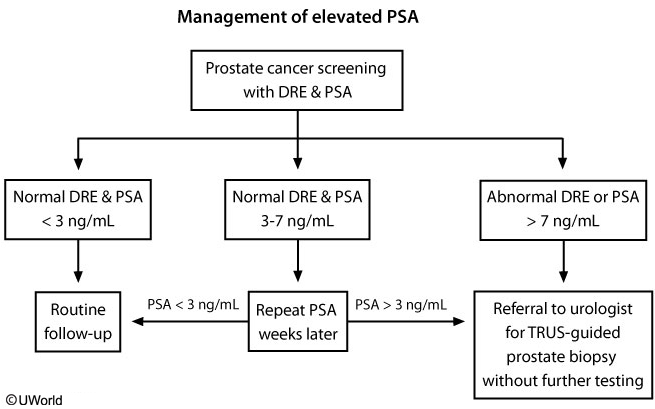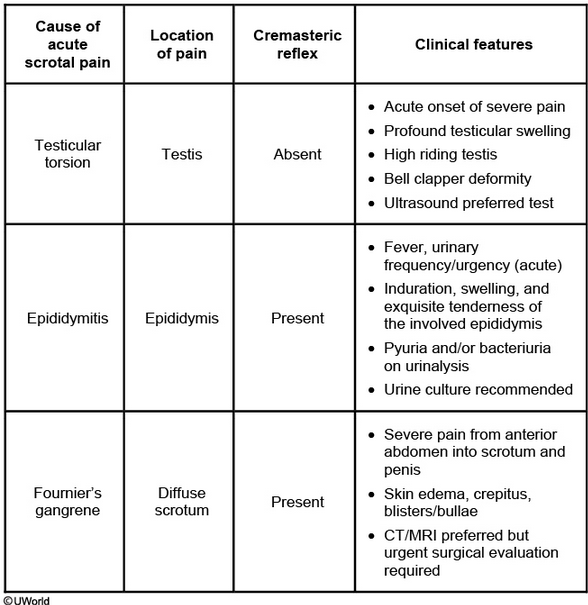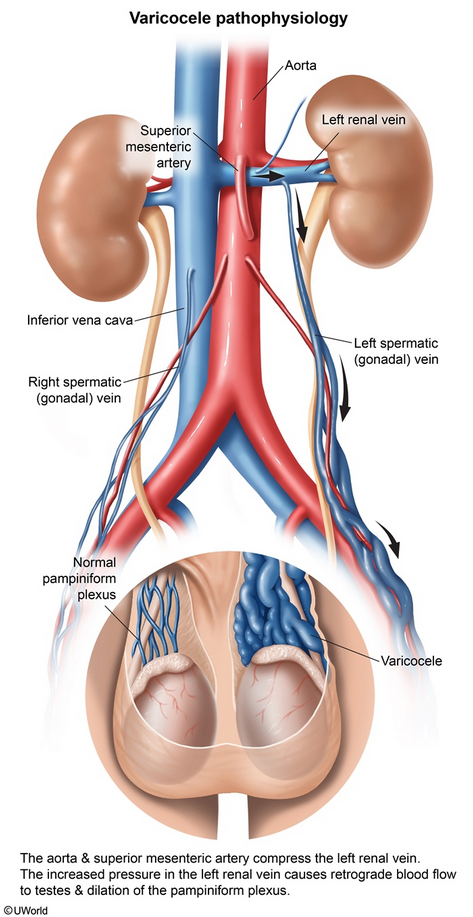-
Medicine
Medicine
Todos
- tolearn
- MKSAP todos
- heart murmurs
Organ Systems
- Allergy and Immunology
- Rheumatology
- Cardiology
- Dermatology
- Endocrine
- ENT
- GI
- Hemeonc
- ID
- MSK
- Nephrology
- Urology
- Neurology
- Pulmonology
- Podiatry
Subject Areas
- General
- Biostats
- Psychiatry
- [[Geriatric
-
Cystitis
cystitis
- related: Urology
Uncomplicated UTI
- etiology: E. coli, Klebsiella, staph sapro
- enterococci and strep agalactiae (group B strep) often cause false positive result
- empiric treatment: bactrim 3 days or macrobid 5 days
- alternative:
- augmentin 5-7 days
- fosfomycin 3 gm 1 dose
- cipro 3 days
- cefdinir 3-7 days
- ESBL e coli often susceptible to fosfomycin or ertapenem
Complicated UTI
- pts: obstruction, reflux, azotemia, transplant, foley
-
Elevated PSA Management
elevated PSA management
- related: Urology, prostate cancer
- tags: #note

This patient’s presentation of irritative and obstructive lower urinary tract symptoms, normal urinalysis, large prostate without a focal lesion, and prostate-specific antigen (PSA) > 10 ng/mL is consistent with a prostatic disorder. PSA values have a log-linear relationship with prostate volume. However, elevated
-
Cystoscopy for Suspected Cyclophosphamide Cystitis
cystoscopy for suspected cyclophosphamide cystitis
- related: Urology
- tags: #note
When hematuria is of renal glomerular or tubular/interstitial origin, a relatively small amount of blood is diluted by tubular fluid and urine. Also, tissue plasminogen and urokinase are present within the tubules and glomeruli. Consequently, glomerular and other intrarenal causes of hematuria are rarely, if ever, associated with the passage of clots into the urine.
This patien
-
Testicular Pain Ddx
testicular pain ddx
- related: Urology
- tags: #note

This patient has refractory scrotal pain despite adequate therapy for epididymitis, and he should be evaluated for more emergent causes (eg, testicular torsion, testicular abscess, or testicular infarction). History and physical examination often cannot differentiate between these diagnoses. For instance, although an abscess usually de
-
Varicocele
varicocele
- related: Urology
- tags: #note

Varicoceles are caused by dilation of the testicular vein and pampiniform plexus. They are common, occurring in 15% of men. Scrotal examination reveals a left-sided (90%) scrotal mass with a “bag of worms” consistency that increases with standing and decreases while supine. This patient's findings are not consistent with varicocele, and examining the
-
Medicine
Todos
Organ Systems
- Allergy and Immunology
- Rheumatology
- Cardiology
- Dermatology
- Endocrine
- ENT
- GI
- Hemeonc
- ID
- MSK
- Nephrology
- Urology
- Neurology
- Pulmonology
- Podiatry
Subject Areas